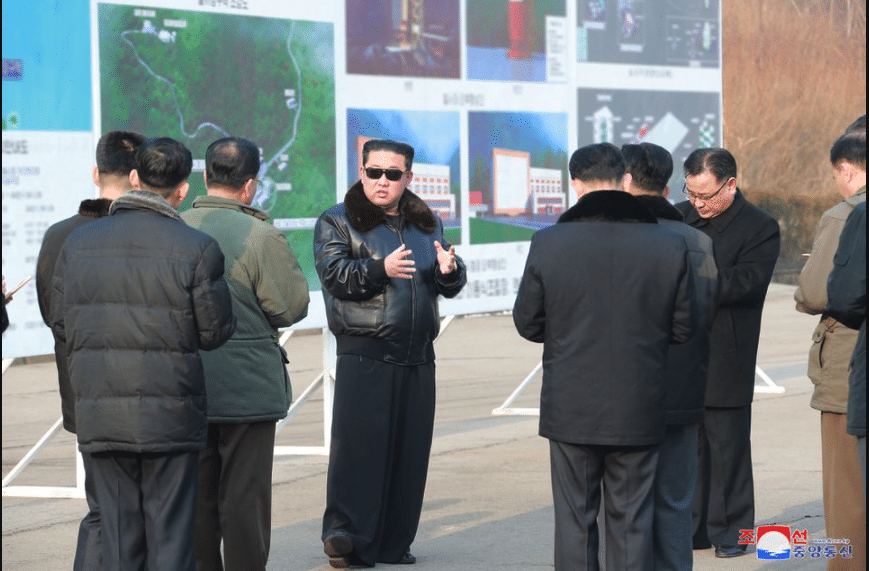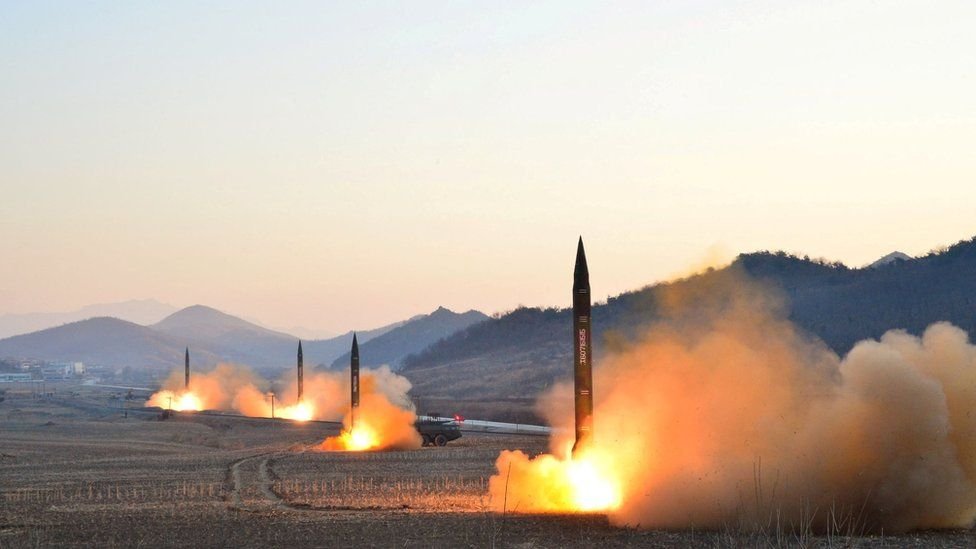South Korea’s weather agency said a magnitude 3.0 earthquake was detected in North Korea on Saturday around where the country recently conducted a nuclear test, but it assessed the quake as natural.
The quake was detected in an area around Kilju, in northeastern North Korea, and about 12 miles southeast of where the North conducted its sixth and most powerful nuclear test on Sept. 3, according to an official from Seoul’s Korea Meteorological Administration.
China’s official Xinhua News Agency said earlier that the country’s seismic service detected a magnitude 3.4 quake in North Korea and saw the likely cause as an explosion. But the official from the South Korean agency said the analysis of seismic waves and the lack of sound waves clearly showed that the quake wasn’t caused by an explosion. She spoke on condition of anonymity, citing office rules.
The U.S. Geological Survey said that it detected a magnitude 3.5 quake in the area of previous North Korean nuclear tests, but that it was unable to confirm whether the event was natural.
North Korea’s weakest nuclear test, its first one, conducted in 2006, generated a magnitude 4.3 quake. The USGS measured this month’s nuclear test at magnitude 6.3.
North Korea has been maintaining a torrid pace in nuclear and weapons tests as it accelerates its pursuit of nuclear weapons that could viably target the United States and its allies in Asia.
North Korea said its recent nuclear test was a detonation of a thermonuclear weapon built for its developmental intercontinental ballistic missiles. In two July flight tests, those missiles showed potential capability to reach deep into the U.S. mainland when perfected.








